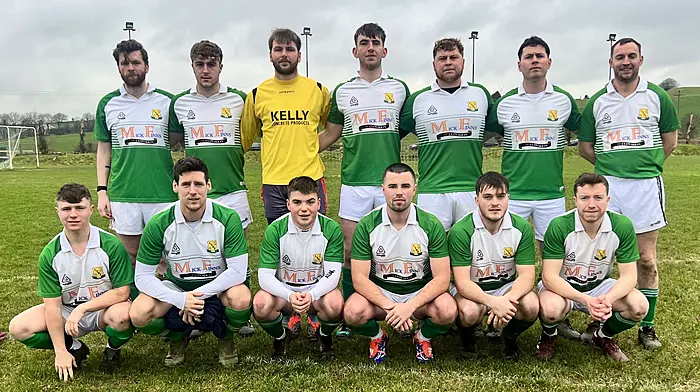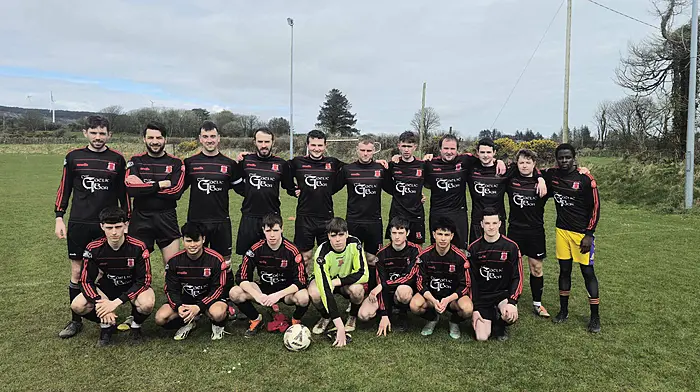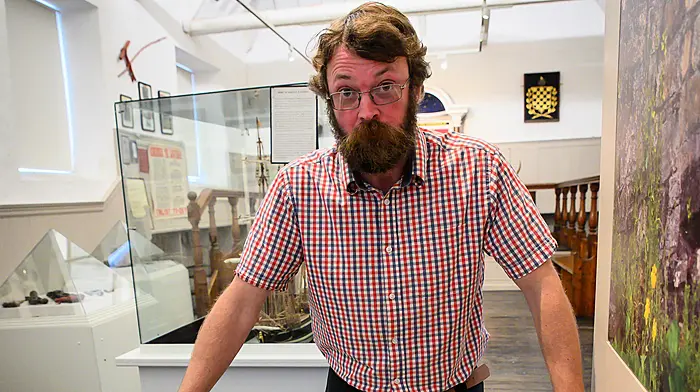Friday, March 29th, marks the 20th anniversary of the workplace smoking ban. Tánaiste and then Minister for Health MICHEÁL MARTIN recalls a groundbreaking piece of legislation
THIS week marks 20 years since one of the most significant and memorable days in my public life – the introduction of the workplace smoking ban.
For the past two decades, since March 29th 2004, we’ve become accustomed to breathing fresh air indoors. It’s difficult to comprehend that before that day, workers were exposed to second-hand smoke and to the risks of lung cancer, respiratory disease, heart disease, and much more on a daily basis.
I clearly remember the day in December 2002 when a report landed on my desk. It was a scientific review on the health effects of environmental tobacco smoke in the workplace. As I read through the pages, it was unequivocal: passive smoking causes cancer. It immediately posed a moral question to me. Things had to change. For example, if this was asbestos in the workplace, there would be no question over what you would be doing.
Just weeks later, in January 2003, I announced we would be introducing a workplace smoking ban the following year.
It is easy to forget now how controversial, and indeed how unimaginable, the measure was.
The decision sparked ferocious debate over the following 12 months in what was the first real discussion on public health in Ireland. The idea of a ban on smoking captivated the country. It took up hours of airtime on The Late Late Show, Liveline and current affairs programmes.
In newspapers, columnists questioned if Ireland was becoming a nanny state – were we going too far?
Many business owners, particularly publicans, were fearful of such change and the impact it could have on their livelihoods. The Irish Hospitality Industry Alliance warned the ban would cost 65,000 jobs. In the face of intense backlash, doctors and health professionals stood up to ensure their expert opinions were heard and counted in the debate.
While we intended to introduce the smoking ban in January 2004, it was held up for a further three months by the European Union after some opposition from fellow member states. It was the end of March before we could bring it in. In hindsight, it was a blessing in disguise. The weather was far better by March for people who now had to smoke outdoors.
In the days and weeks before the smoking ban came into effect, my anxiety levels were high – what would we do if there’s mass non-compliance? What if people decided they just weren’t going to obey this new law? We were also concerned as to whether the ever-powerful tobacco industry was going to challenge this legally.
We learned that they had retained the four big legal firms in Dublin. So, we took in senior counsel to go through what we were doing with a fine toothcomb and try to anticipate any loopholes.
I’ll never forget the morning of March 29th, 2004. The Gerry Ryan Show sent an undercover reporter to a dockers’ pub in Dublin to test the ban early in the morning. She took out a cigarette in front of the barman and as she went to light up, she was told by the barman to stop. There was a huge cheer throughout the Department of Health as we listened to the live report. We were out the gap.
Since then, we have continued to push ahead with tobacco control measures. We have done this because, simply, there is nothing good about smoking. It is addictive, it is lethal, and I have yet to meet a smoker who is glad that they started.
The Public Health (Tobacco) Act 2002 was the key legislation that paved the way for several important measures that would be rolled out in the following years – the ban on the display of tobacco at the point of sale, the comprehensive ban on tobacco advertising, and the introduction of hard-hitting health warnings on cigarettes.
These measures have had a real impact on our smoking rates, which have fallen from the extremely high levels of the past to the 18% of adults today that smoke daily or occasionally.
While this progress is significant, we need to do much more in order to eliminate smoking. There are still 4,500 people dying each year from this deadly habit.
And now, two decades on from when we first declared war on smoking, we face new, worrying challenges posed by e-cigarettes and vapes. It is my firmly-held belief that this is the revenge of Big Tobacco.
The Public Health (Tobacco Products and Nicotine Inhaling Products) Act 2023, became law in December, banning the sale of vapes to under-18s.
It has also ended the sale of both tobacco products and nicotine-inhaling products through vending machines, from temporary or ‘pop-up’ shops, such as those at music festivals and at events for children.
Health Minister Stephen Donnelly has also launched a public consultation on the further regulation of nicotine-inhaling products including options to regulate flavourings, packaging, and the display of these products in our shops. Our progress toward an end-game of the elimination of smoking from our population must regain momentum.
As we mark the 20th anniversary of the workplace smoking ban, the time seems right to again introduce radical measures to put the health of our population first, to protect future generations, and to come closer to our goal of a tobacco-free Ireland.










